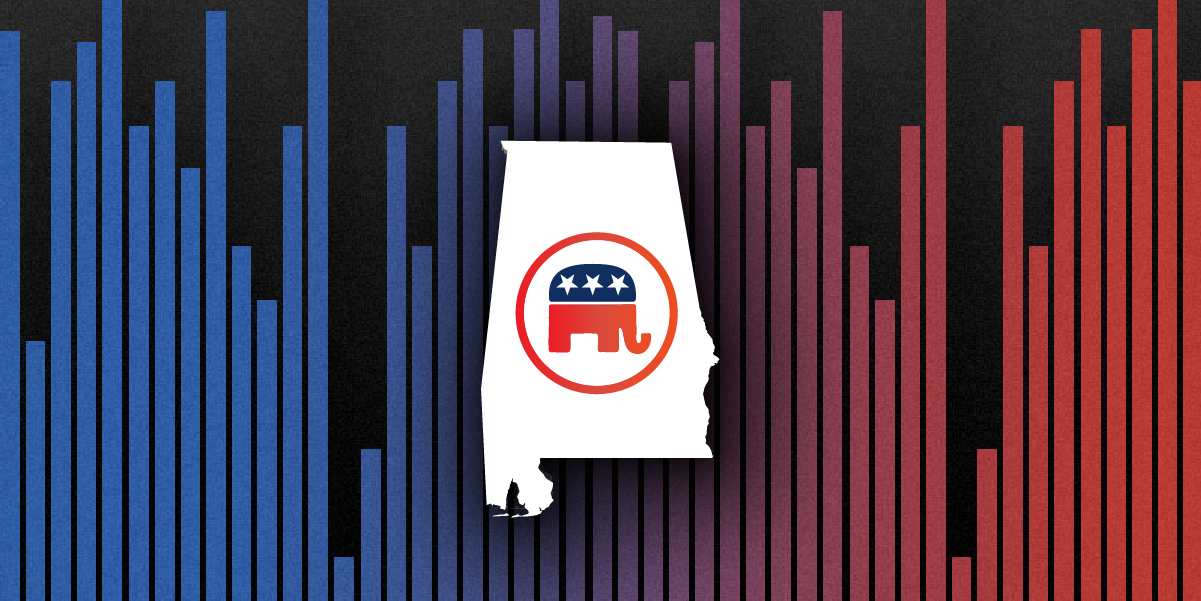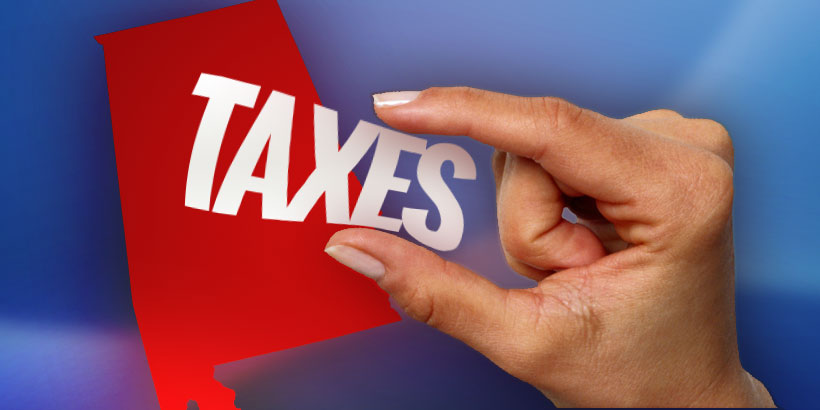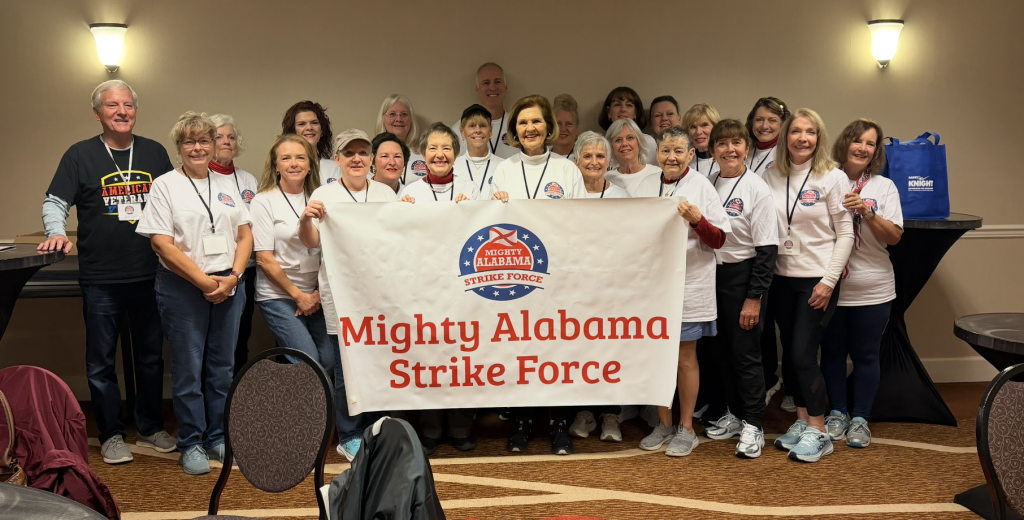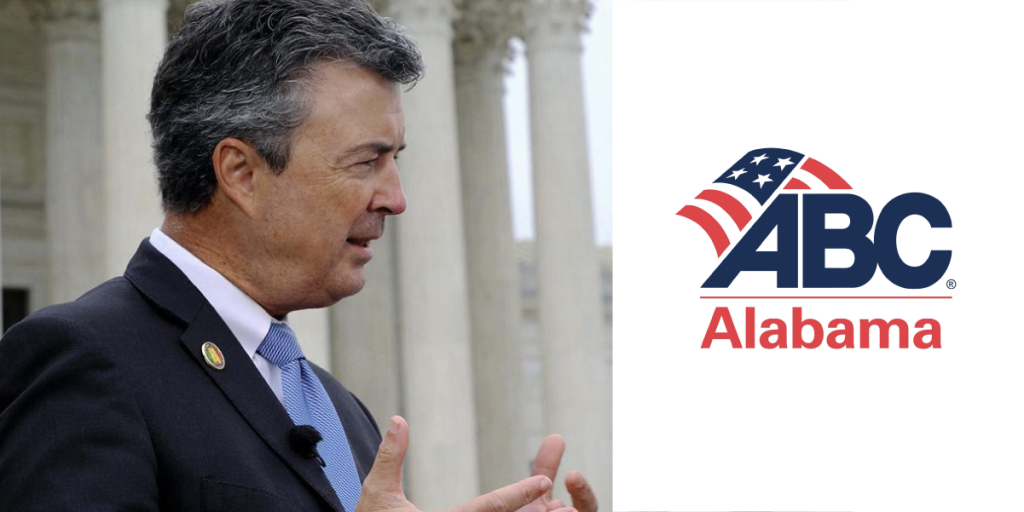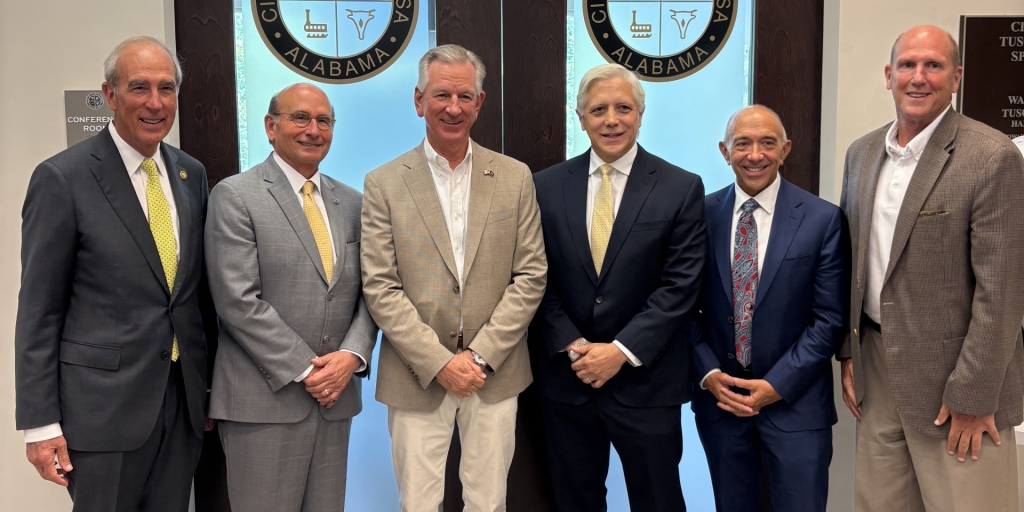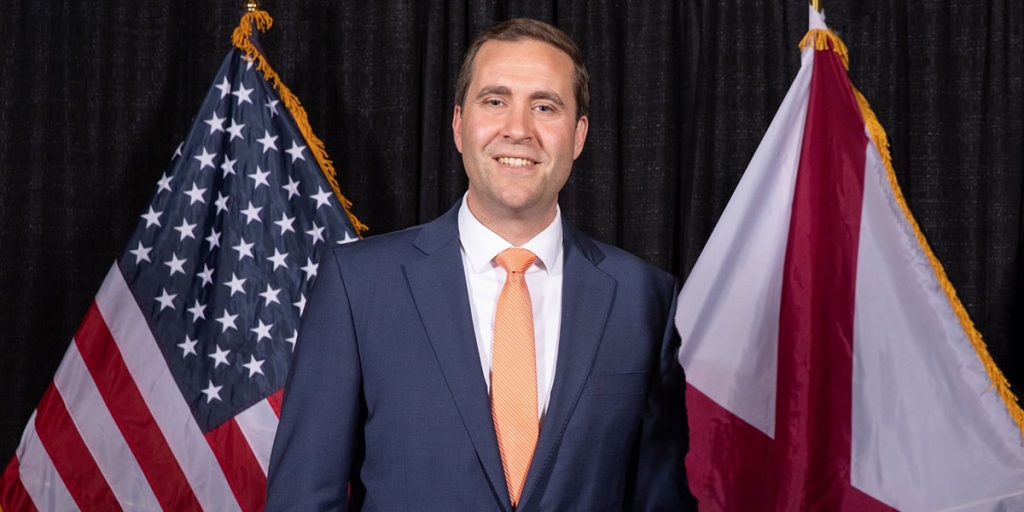Alabama’s business leaders got a clear message from voters Saturday morning: focus on the economy.
At the Business Council of Alabama’s annual Governmental Affairs Conference, Cygnal presented a new BCA-commissioned survey, showing that 59% of Republican primary voters prefer elected officials prioritize economic issues such as jobs, reducing taxes and regulation, and infrastructure over any other major political topic.
Cygnal, founded in 2007 in Montgomery by Brent Buchanan has since grown into a nationally recognized, highly ranked research firm.
The poll, conducted last month among Alabama GOP primary voters exclusively, framed much of a wide-ranging panel on voter priorities, business climate, and early 2026 political dynamics.
The panel was moderated by Jason Isbell, Regions Bank’s Vice President of State Government Affairs and Economic Development.
The poll’s top five priorities were inflation, taxes, immigration, infrastructure and jobs.
Mitchell Brown, a Cygnal pollster and former White House liaison to the U.S. Department of Labor, who led the presentation, said the results track with what Cygnal is seeing across the South: broad, durable appetite for pocketbook policy.
“This is good politics, not just good policy,” Brown said.
“They want a better future for themselves and for their children, and these economic undertones are exactly what is going to not only win their vote, it’s going to help these people grow.”
Throughout the day, BCA leaders noted the organization is directly engaged on all five fronts, collaborating with EDPA and the Alabama Growth Alliance, and tying voter expectations to ongoing initiatives such as Working for Alabama, The Game Plan, and statewide broadband expansion.
When asked about obstacles to business growth, workforce challenges ranked No. 1 (26%). Respondents also flagged regional pain points: rural voters were likelier to cite “high taxes and fees,” while urban voters emphasized “poor infrastructure.”
Brown said those patterns mirror the open-ended responses Cygnal analyzed through its qualitative “emotive” tools. Small business owners tended to emphasize regulation, taxes and access to capital, while many workers express frustration about limited paths beyond entry-level roles and a desire for more large-scale employers.
A separate question found voters view the state’s climate for small and medium-sized businesses as generally supportive, with only 8% calling it “very unsupportive.”
Brown also placed Alabama sentiment in a national context.
Since late 2022, Cygnal’s weekly polling has tracked right-track/wrong-track attitudes improving and then flattening near even, with little movement expected amid hardened views.
The generic congressional ballot currently shows Republicans with sturdy positioning: not the kind of deficit that preceded the 2018 midterms. “Campaign officials love seeing this,” Brown said, arguing the environment does not resemble a “bloodbath” scenario nationwide.
On image ratings, Brown said Donald Trump’s support among Republican voters is locked in and “will not change” over the course of his four years.
“This will not move for the entirety of his four years… This number will not change,” he said of the national favorable/unfavorable split, arguing that many voters who dislike Trump’s style still voted for him “because they thought their life was easier in 2019 than it was in 2024.”
In Alabama’s GOP primary electorate, Trump’s favorables land where expected for deep-red states at roughly 80%.
Polling shows Governor Ivey is still one of the most popular governors in the nation.
“Very strong numbers for Coach,” Brown said, who reported high favorability for U.S. Senator Tommy Tuberville (R-Auburn), the presumptive next Governor of Alabama, in his current role as senior senator for the state.
RELATED: Tuberville officially running for Governor of Alabama in 2026
Among statewide Alabama officials tested with Republican primary voters:
- U.S. Senator Tommy Tuberville: ~69% favorable / 22% unfavorable.
- U.S. Senator Katie Britt: ~72% favorable / 14% unfavorable.
- Governor Kay Ivey: ~71% favorable / 21% unfavorable.
“Our statewide officials here in Alabama are well liked by the Republican primary audience, and the intensity is strong too,” Brown said.
Brown’s final advice to lawmakers and business leaders was straightforward: lean in on the economy.
“Your constituents, your voters, they want more economic change,” he said.
“Don’t lose sight of that and understand that these people want more. They want better. They want to see their children have better.”
Grayson Everett is the editor in chief of Yellowhammer News. You can follow him on X @Grayson270.




